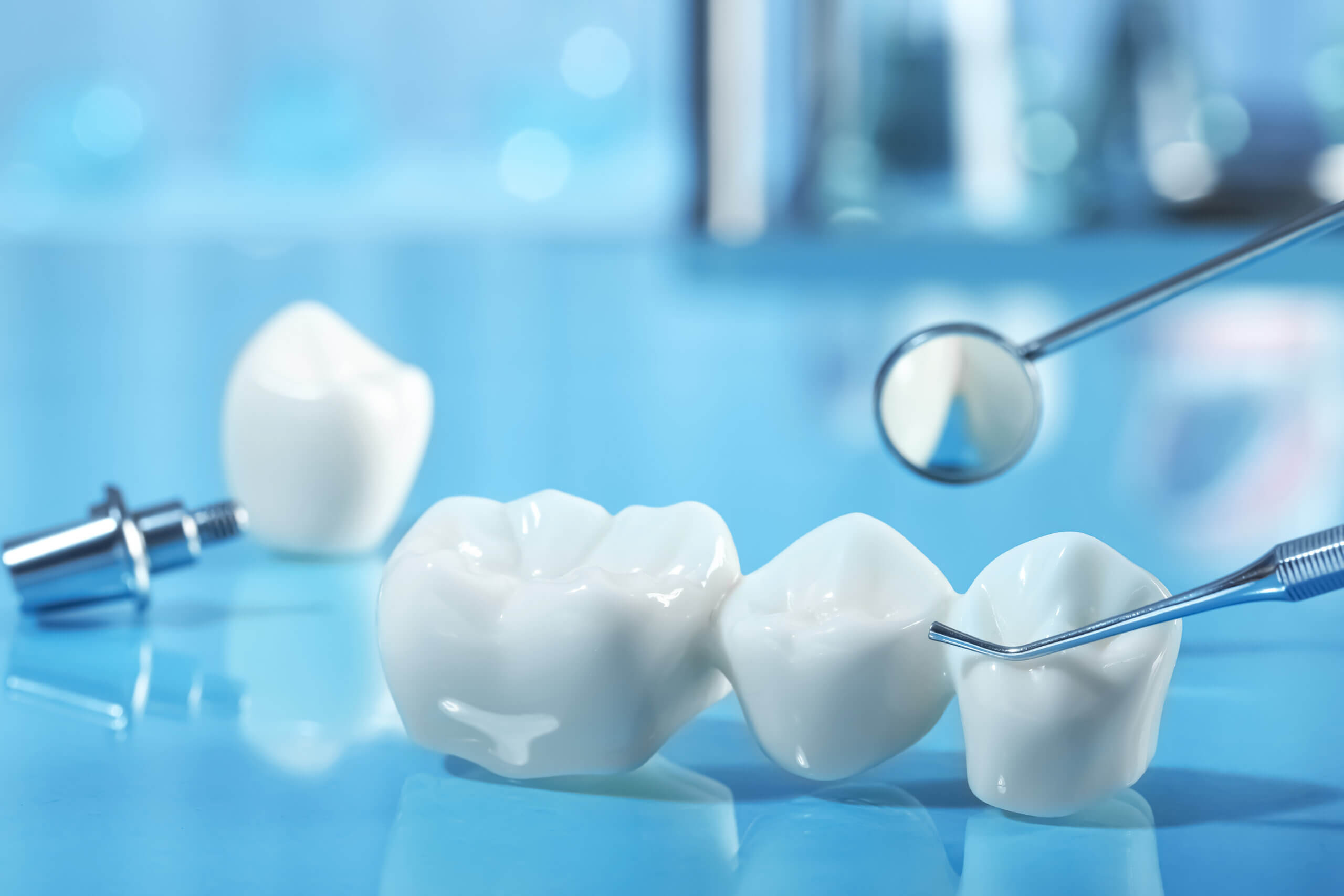
The Lifespan of Dental Crowns: How Long Can You Expect Them to Last?
If you have a damaged tooth, your Melbourne, FL dentist may recommend a dental crown. Dental crowns are designed to completely encircle a compromised tooth to help restore its size, shape, and strength. How long a dental crown lasts depends on many factors, such as the extent of the damage, the patient’s overall oral health, and follow-up maintenance. Let’s look at some of these factors in detail to determine the lifespan of dental crowns better.
How Long Does the Average Dental Crown Last?
On average, 95 percent of single crowns will remain in the mouth for at least five years. The long-term survival of dental crowns is not as well documented, but it’s estimated that between 50 and 80 percent of crowns have a survival rate of 15 to 20 years. When a crown has been adequately fabricated and cared for, dental crowns of any material can last decades.
What Factors Influence the Lifespan of a Crown?
Many different factors can influence the lifespan of a dental crown. Understanding what risks you may face that could elevate or lessen the likelihood of crown failure can give you a better idea of how long your restoration will last. The most common factors to consider include:
Crown Material Quality
Not all dental crowns are made equal. Ceramic and porcelain crowns are valued for their exceptional strength, natural look, and long lifespan. This type of restoration is among the most reliable and offers other perks, such as stain resistance. However, if a crown is of poor quality or the material is compromised, it can weaken the restoration or cause corrosion over time.
Teeth Grinding or Clenching
Grinding or clenching teeth, also known as bruxism, can place enormous pressure on dental crowns. In time, this can lead to premature crown damage, including chips, cracks, and even fractures. If you know or suspect that you grind or clench your teeth, speak with your dental provider about how to best protect your smile. A custom nightguard can often be made to prevent undue stress on the teeth caused by grinding or clenching while you sleep.
Oral Hygiene Habits
Certain oral health habits can negatively affect the lifespan of dental crowns. Proper oral hygiene is critical to ensure the upkeep of your restoration and prevent the formation of stubborn plaque and tartar buildup. Both plaque and bacteria can contribute to a wide range of problems, such as tooth decay and periodontal disease. While crowns are constructed from strong materials, they are still susceptible to excess wear and tear, which can consequently impact their lifespan.
Diet and Nutrition
Your diet can directly affect the health of your dental crown and the rest of your teeth and gums. To promote a healthy smile, limiting your consumption of sugary foods and drinks is important, which can significantly increase your risk of developing tooth decay and gum disease. You’ll also want to avoid highly chewy and hard foods, which can chip, crack, and damage your dental crowns over time.
Professional Dental Care
How often you visit your Melbourne, Florida dentist can also influence the lifespan of your crown. Ideally, you should schedule a visit every six months for a routine exam and cleaning. Regular visits can help ensure that your provider identifies possible problems with your crown or other teeth before they get worse. Your dental office will also professionally clean and polish your teeth to keep your smile at its best.
Speak with a Dental Expert About Getting a Crown
If you recently had a dental crown placed or are getting one in the future, you may be wondering how long these restorations last. While there is no exact answer, most crowns last many years before needing replacement. Caring for your teeth by practicing good oral hygiene, eating well, and seeing your dentist regularly can extend a crown’s lifespan. For more information or to schedule your next appointment, contact Artistic Touch Dentistry at 321.724.1400.

